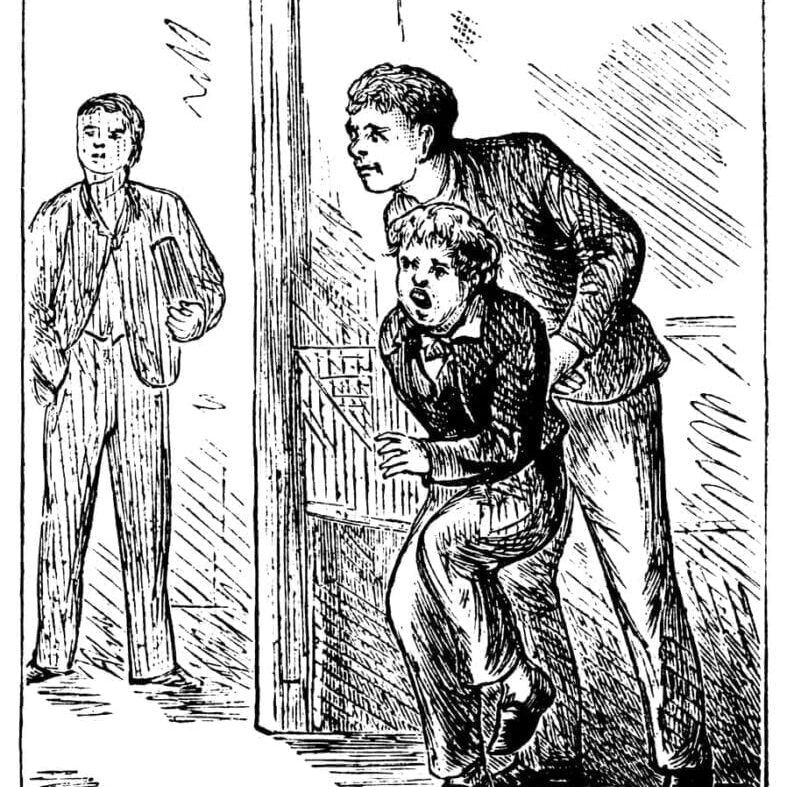Insights < BACK TO ALL INSIGHTS
For the Children! Seeking to Advance Special Interests Against Online Gaming Under the Guise of Child Welfare
For the Children! Seeking to Advance Special Interests Against Online Gaming Under the Guise of Child Welfare
By: Nicole Kardell
Want an example of legislative redundancy? Here’s a good one: “The Prevention of Deceptive or Child-Targeted Advertising in Violation of the Unlawful Internet Gambling Enforcement Act.” It’s proposed legislation seeking to justify new legislation to make that which is illegal… illegaler? Or, want an example of legislation that uses children’s welfare as a pretense to achieve some outside goal with less public appeal? You can look to the same.
Senator Tom Cotton (Republican, Arkansas) filed the bill in the U.S. Senate in February. It has since been referred to the Committee on Banking, Housing, and Urban Affairs. While analysts say the proposed legislation is unlikely to get any traction, the bill reveals some challenges in the legislative process: Congress’ penchant for (a) rehashing what’s been hashed (and codified) and (b) using red herrings and false flags to push forward laws that serve personal or special interests. Not all members of Congress are so inclined, but enough are to make one look forward to the next election cycle (where at least you can have the satisfaction of casting a “nay”).
Cotton’s bill seeks to amend the Unlawful Internet Gambling Enforcement Act (“UIGEA”). Congress passed UIGEA in 2006, to outlaw U.S. financial institutions from processing payments from online gaming sites in jurisdictions where the practice is illegal. Cotton’s bill purports to go further, to “prevent the unlawful use of financial instruments in the United States for online slot machines, lotteries, table games, and similar offerings, including games and applications that are deceptively marketed or designed to be attractive to children, and for other purposes.” It seeks to accomplish its goal by requiring new reporting to Congress by administrative authorities … presumably to justify yet more legislation on the topic of online gaming.
If passed, Senator Cotton’s bill would require the Treasury Department and the Federal Trade Commission to separately file reports to Congress, within 180 days of enactment. The Treasury Department would need to summarize online casino games and lotteries offered in the U.S., assess how these offerings receive funds from players, and assess Treasury’s and the Federal Reserve Board’s effectiveness in ensuring compliance with UIGEA. The FTC would be required to assess the prevalence of targeted and non-targeted advertising for online casinos and lotteries, assess efforts by online operators to “deceptively present unlawful internet gambling opportunities,” and summarize the FTC’s efforts to prevent deceptive marketing of in-app purchases and to prevent in-app gambling that violates UIGEA.
At best, the bill is a solution in search of a problem. It is a legislation-seeker, looking to justify new legislation to supplement already-enacted legislation covering the same topics. Deceptive advertising is already prohibited by the FTC Act; online gaming that violates UIGEA is already illegal; and regulated operators in the U.S. self-regulate to ensure against the problems the bill seeks to address. Does Senator Cotton seek to make what is illegal more illegal? Or illegaler?
Kids Are A Pretext: The proposed legislation dangles language regarding children, noting that reporting should include online casino and lottery offerings presumptively geared toward children. But children seem to be a pretext as the reporting requirements go well beyond this ostensible purpose and pour into the “other purposes” of the stated intent. Moreover, extensive age-related restrictions are already in place for online gaming, particularly at the state level.
Taxpayer-funded Corporate Spying: The proposed legislation seeks intel on the online gaming industry to be generated by two regulatory agencies (funded by taxpayers). The consequence would be corporate spying. And the beneficiaries of the information are not so much children, but rather those special interests that are opposed to online gaming. That does not sound like the best use of taxpayer resources.
Is the goal of “The Prevention of Deceptive or Child-Targeted Advertising in Violation of the Unlawful Internet Gambling Enforcement Act” to save the children? Or is its purpose more likely just another attack on the online gaming industry from special interests opposed to it? Whether the legislation is ill-guided or these consequences are unintended, we should be skeptical of using “children” to justify overreach, whether by regulation or legislation.





